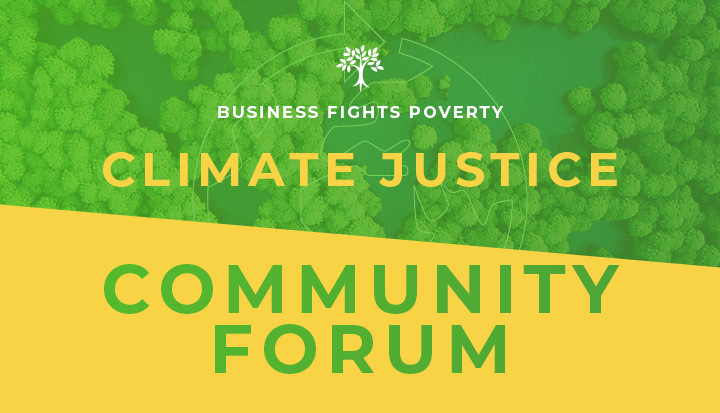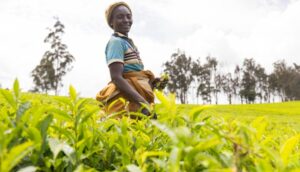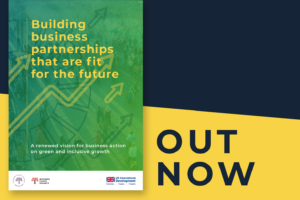While trust in business and institutions is consistently questioned, I believe partnerships are providing solutions.
The Global Goals are clear that business has a vital role to play in achieving sustainable development. The private sector can bring the scale, expertise, and resources needed to find new solutions. But to have impact we must work in partnership. The number of businesses participating in the conversation at this week’s UN General Assembly is testament to how far we have come.
I was recently reminded of this progress when I joined the CEO of Oxfam UK at the Business Fights Poverty conference to discuss multi-sector collaboration. This would have been unthinkable just a decade ago. The changes we’ve made to the way we do business, and the partnerships we have built, make this dialogue possible.
As a company, our most important contribution is to develop innovative healthcare products and make them available to more people. We work with some fantastic partners who help us do this. This week, we are celebrating our partnership achievements, as well as discussing how to address gaps that still exist.
We have learnt a great deal through working with Save the Children. 5.9 million children around the world under the age of five died in 2015, the majority from preventable causes. Together we are finding new ways to help reduce child mortality.
By June 2017, our partnership had reached over 2.6 million children. More than 97,000 under-fives fully immunised; nearly 189,000 children treated for diarrhoea, malaria or pneumonia; and over one million children screened for malnutrition.
With Save the Children we developed a new gel for the prevention of umbilical cord infection, a cause of new-born mortality in developing countries. But there are hurdles still to overcome. We are supplying the product at a not-for-profit price, but it’s proving difficult to get the gel to people who need it most. To fulfil the potential of innovations like this gel, we’ll need further collaboration.
Tackling malaria is another area where partnership is essential. There is no single intervention, no silver bullet. But malaria is both preventable and treatable.
For three decades, we have been developing what could be the world’s first malaria vaccine, along with partners PATH and the Bill and Melinda Gates Foundation. GSK will supply the vaccine at a not-for-profit price which will cover the cost of manufacturing, together with a small return that will be reinvested in research and development.
This year, we reached a significant milestone on this journey. The WHO committed to pilot the vaccine. If the pilot is successful, we will collaborate with both existing and new partners to get the vaccine to people who need it most.
We’re also involved in other aspects of malaria treatment and prevention. Our partnership with Comic Relief is helping to fight malaria in countries such as Tanzania and Mozambique through mosquito net distribution and training healthcare workers.
Two years since the Goals were launched, business and institutions have made progress. But to achieve the Goals will require a step-change in collaboration. I hope we will see bolder leadership from all sides to create more ambitious, higher risk partnerships.
This of course won’t be easy, but we should be optimistic that great partnerships can deliver.










